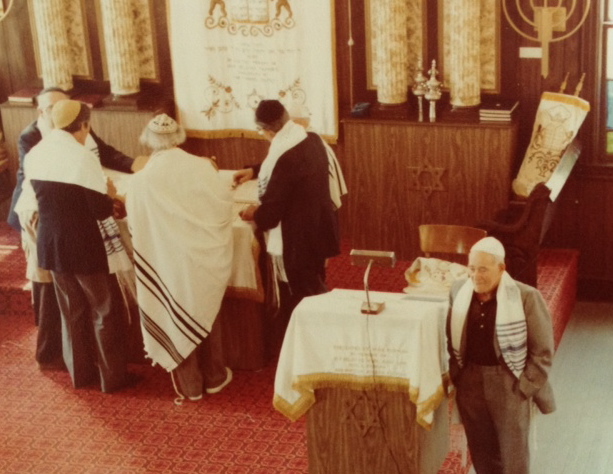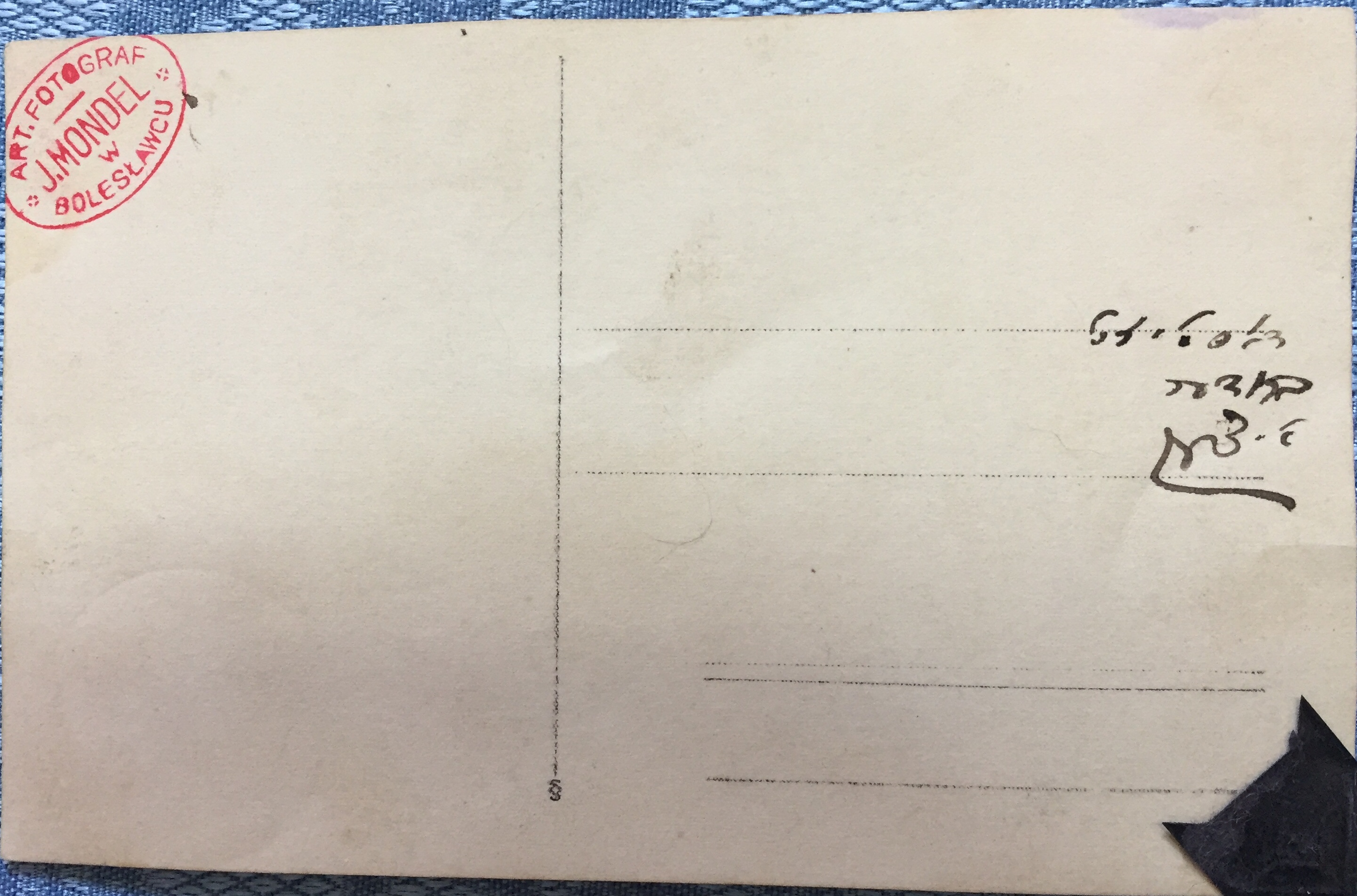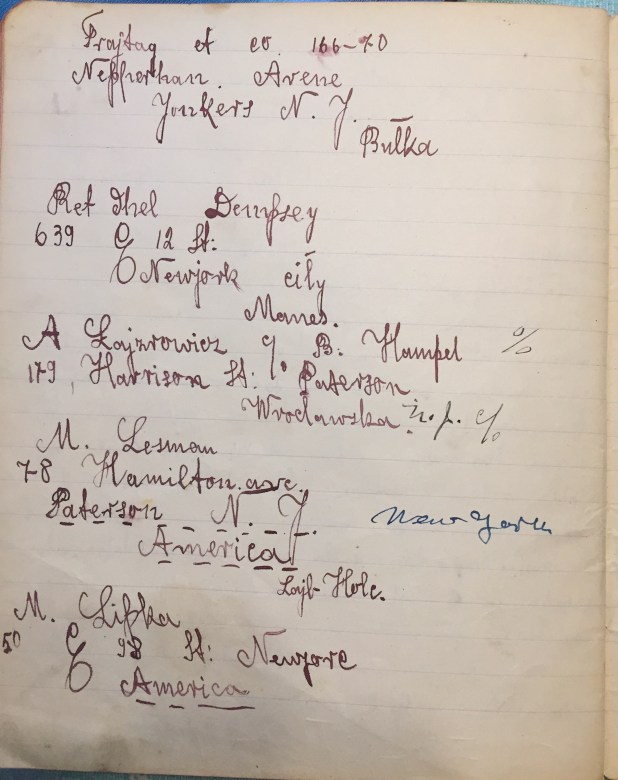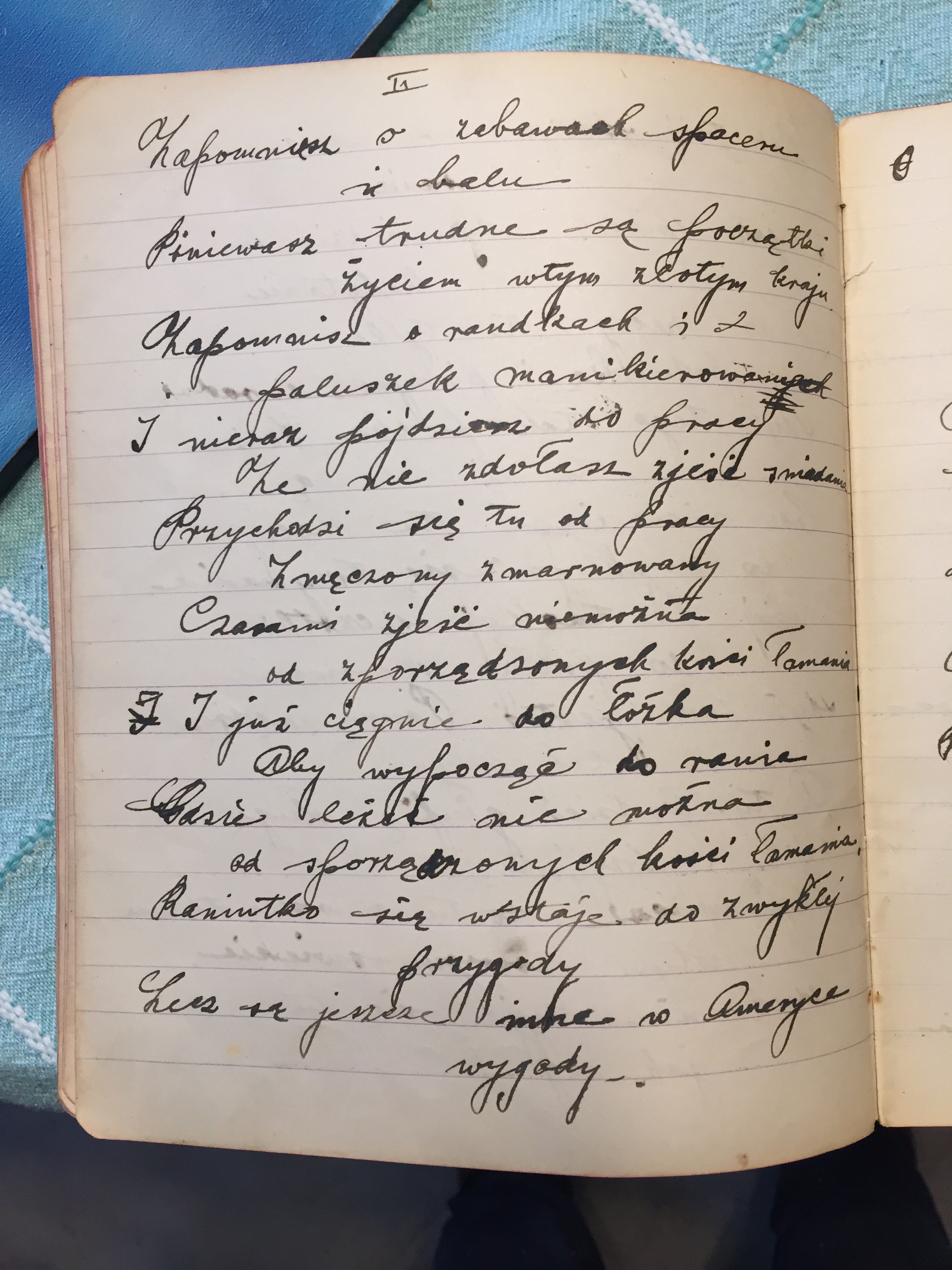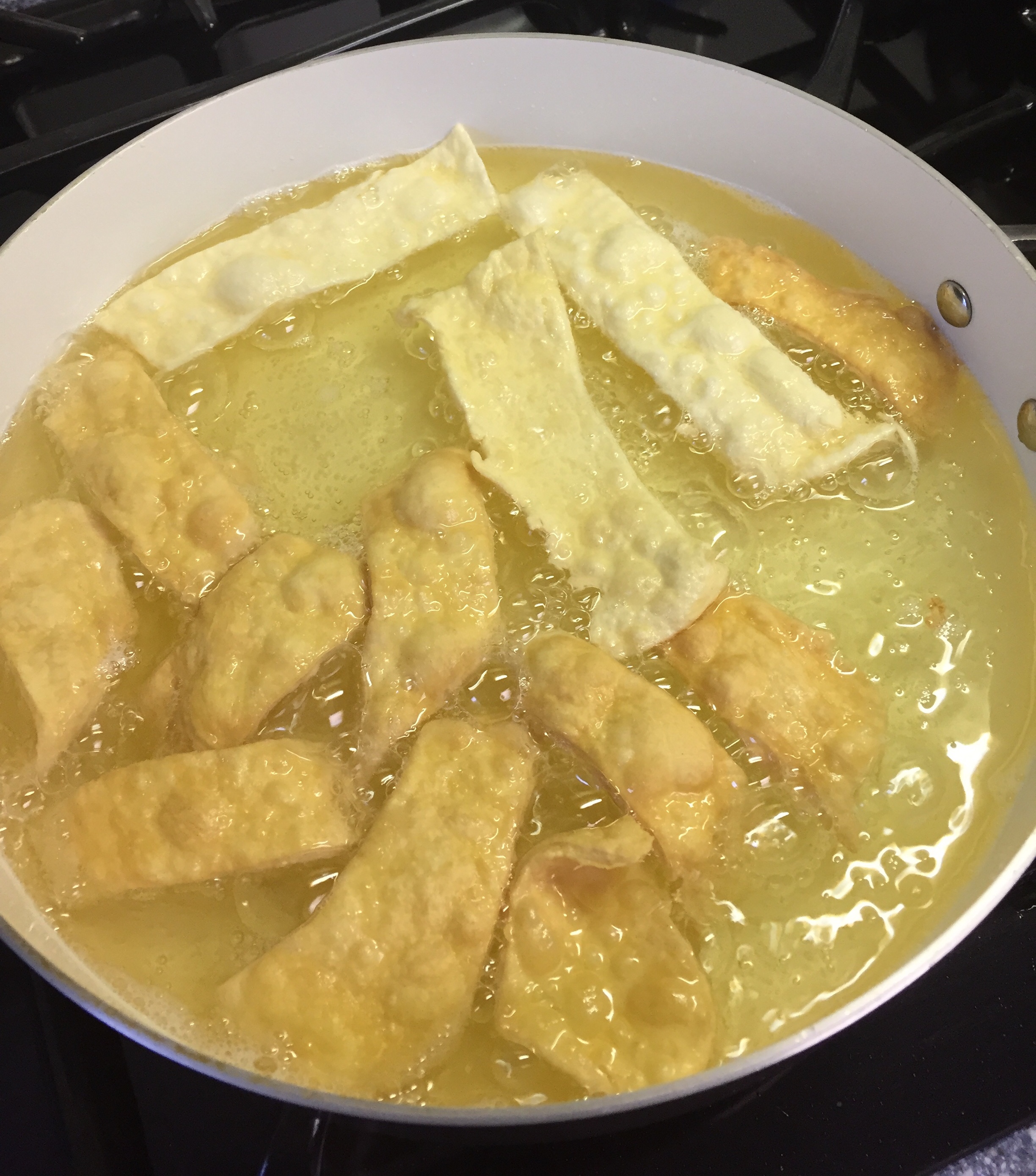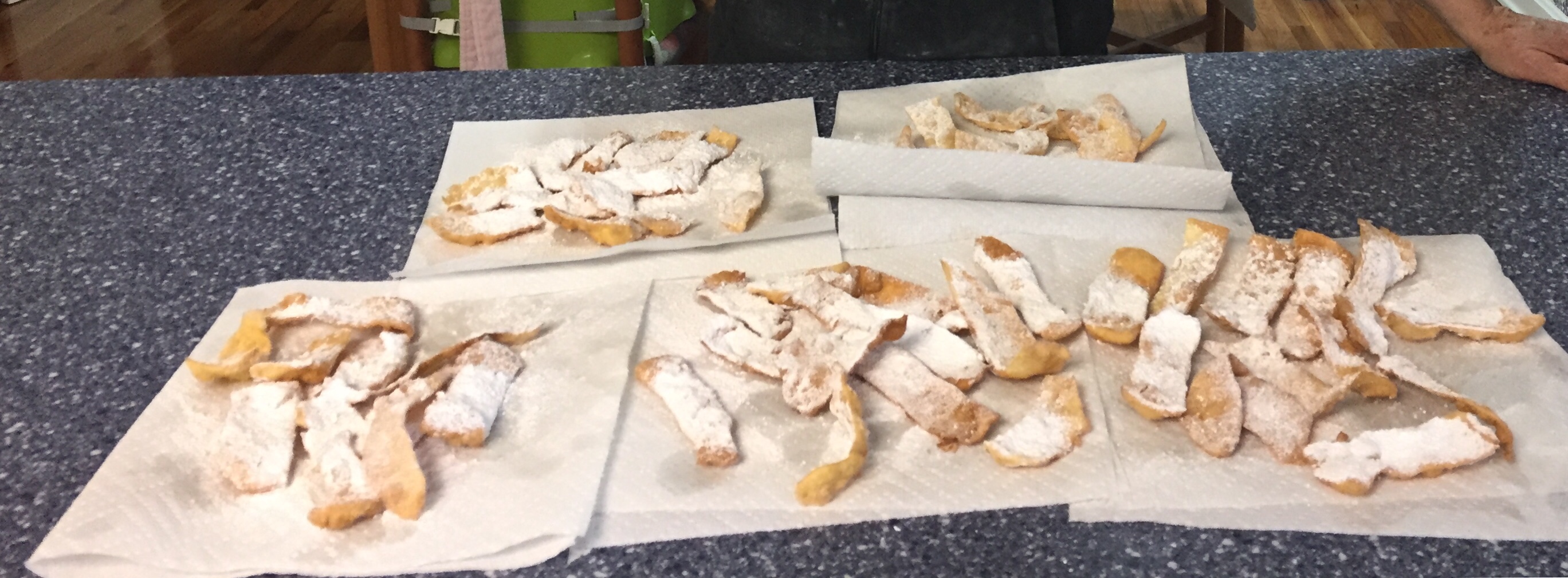
As journalists and media outlets are facing some of their most difficult times with the loss of large newspapers and 24 hour entertainment/news, and the attack on the journalists in the USA, I found my latest move-related discovery: a box filled with papers included a red folder containing the survey responses from a 78 Jewish publications in the late 1970s, who responded to my master’s thesis request.
I worked on and wrote, “The Jewish Press: Journalism Versus Religion,” in 1979. Starting in the fall semester of 1978, I f finished with my defense and publication in December 1979. I remember my advisor being happily surprised that so many responded to my survey. I took the information and diligently typed this information on to computer punch cards. Then reserved my time on the University of Missouri’s mainframe computer where, my cards zapped through the machine and presented me with the results.
I have to laugh. It took three tries. The first I dropped the cards, and I did not have them all numbered. This was a disaster in those days, because certain cards told the computer what to do. You do that once, and never again! The second time, a one card had a typo. Finally, on the third try, it went perfectly. Of course, four responses came after the computer work, so I had to mentally add them to the statistics. The computer took up an entire room. You do have to laugh when you think about computers today and then 41 years ago. Sigh.

Back to my surveys. I sent my survey to magazines, newspapers, English and Yiddish publications. Any publications that identified as part of the Jewish press. Some of the editors/publishers just answered the questions with as few words as possible, others sent me paragraph upon paragraph of information about their publications and their thoughts.
One person’s help stood out. He wrote me a letter along with returning the survey. In his letter, Bernard Postal offered as much help as possible in my project. My most vivid memory of working on my thesis was his wonderful help and advice!
Mr. Postal had been an associate editor of The Jewish Week from 1971 until his death in 1981. In the 1920s and 30s he worked at many publications including the New York Globe, the New York Times, the Jewish Telegraphic Agency and the Jersey City Jewish Standard. He was the editor of the monthly magazine, The Jewish Digest from 1955 till he passed away. He wrote books and he was honored by the JWB’s Jewish Book Council for his contributions to American Jewish History.
For me he was a godsend. He had written an unpublished article in 1976 entitled, The American Jewish Press after 150 Years. He was interested in my master’s thesis and wanted to help. He wrote to me about my research. He spoke to me on the phone. Finally, when I was in New Jersey during a break, I took the train to Long Island, where he met me at the train station and took me back to his home. We spent hours going through his personal archives. He sent me away with a load of articles, information and a wonderful interview which took place on March 29, 1979. This interview is footnoted in my thesis.
We kept in touch. I even invited him to my wedding, which took place a year after our day together. He did not come. And then, less than two years after my thesis was published by the university, he died. I was devastated. He was my mentor. I was 26 and he was 75. I felt terrible that I had not gone to see him with the bound copy of my thesis. However, his name and memory has stayed with me throughout the years.
Finding these papers, brought me back to the memory of my day in his home. Because of my thesis and my time with Bernard Postal, I always had a positive imagine of the Jewish press. I have had articles published in three different national Jewish publications, of which only one is still published today.
For many years, I have freelanced for the local Kansas City Jewish newspaper. I will admit, that one of the people who responded to my thesis survey was the then editor of the Kansas City Jewish Chronicle, Milton Firestone. He was one that answered with just a few words. I never worked for Milton. I started freelancing for the Chronicle in 1985, when I was pregnant with my daughter, 35 years ago. He had died suddenly two years before, when he was quite young, 55. I never had the chance to discuss my thesis with him. However, I still write an occasional article or commentary for the paper.
When Milton Firestoen responded to my survey, he mentioned concern to the question about “the possible demise of your publication.” His answer: there is “little new talent interested in producing a publication. Also, young people may not want to read it.” I think he would be happy to know that it just celebrated its 100th anniversary. Although, I am sure there is still concern about the future of the publication, just as there is for all newspapers throughout the world.
Rereading some of the survey questionnaires has brought me back to a different time. So many of these publications are no longer published, or if they are, in a much smaller format. I think everyone who responded is no longer alive. I am actually feeling so glad that I held on to this tiny bit of Jewish history.
I am still looking to see if I saved the letters and the notes from my interview with Mr. Postal. So far, I have not found them. But what I did find has given me a bit of joy.
